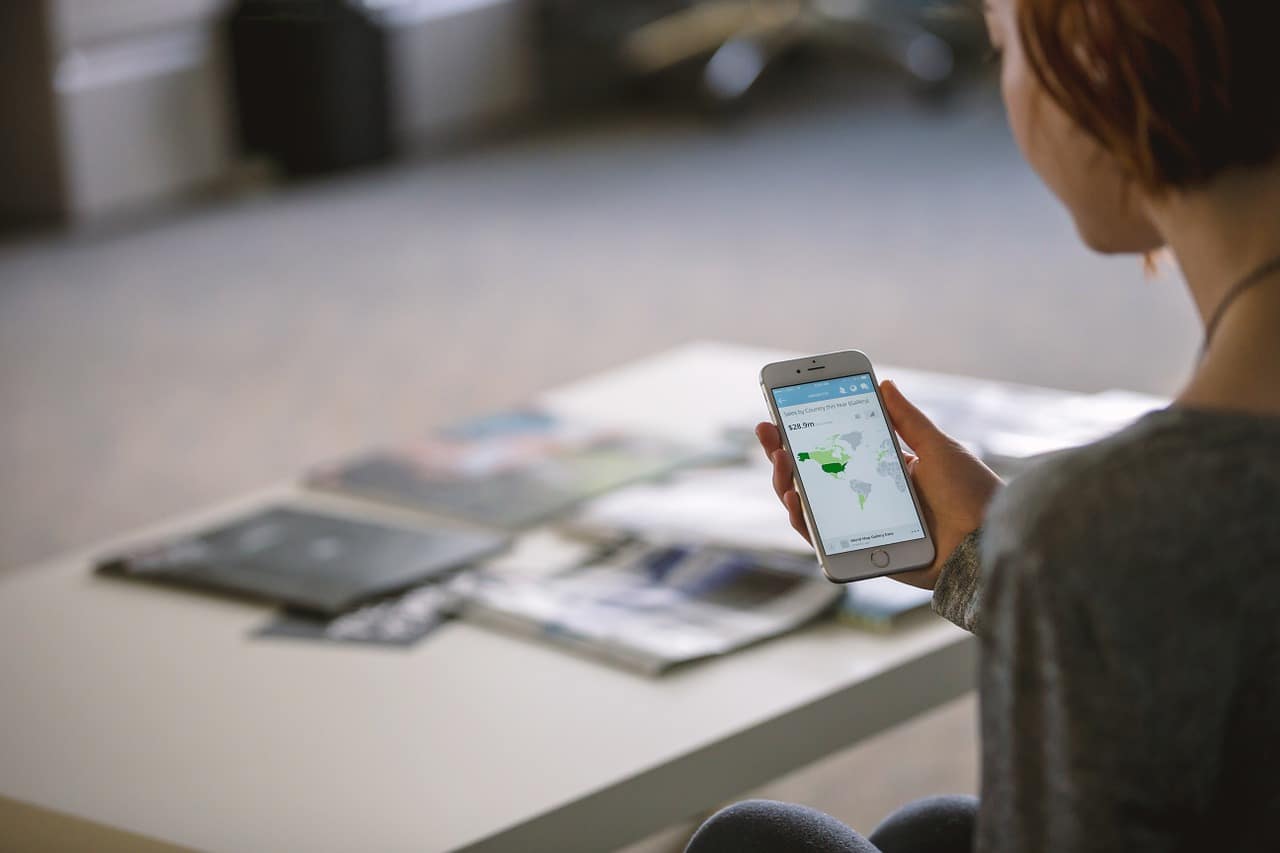New Democracy is just a click away.
When cell phones were linked to the Internet, the globalization process began to accelerate by leaps and bounds.. At the moment in which mobile phones began to understand each other with computers, the new communication network began to spread its abundant accumulations of knowledge and information throughout all latitudes of the globe.
Such has been the progress of this merger that in the last 15 years mobile telephony worldwide has gone from 738 million subscribers in 2000 to more than 7 billion today and Internet users exceed 3.2 to date trillions.
Meanwhile, what started as a game for a handful of Harvard students in 2004 has become Facebook, the world's largest social network. Since 2006, when it was opened to public use, the network has been growing amazingly to the point that today one in five of the world's inhabitants has an account on the social network, that is, about 1.390 million users.
For its part, Twitter, which was born just in July 2006, already has more than 500 million users - one third in the US - who generate over 500 million messages per day. Statistics show that Facebook, Twitter and the rest of the social networks serve more than 2,078 billion users worldwide.
And, as expected, The influence of this technological symbiosis of cell phones-Internet-social networks did not take long to penetrate the traditional structures of political processes to make them more participatory and, therefore, more democratic..
Thus, in the last two US presidential campaigns, social networks have been, along with television, the most suitable platform for the candidates' messages and political debates to reach an unusual number of voters.
The international premiere of Twitter and Facebook as tools at the service of politics occurred during the electoral crisis in Iran in July 2009. From that moment on, social networks have been powerful weapons for the cause of the democratic forces in Moldova, Egypt, Tunisia, Libya, Syria, Algeria, Bahrain, Yemen, Jordan, Ivory Coast, Venezuela, Ukraine and, recently, Ecuador.
The desire to be free makes people seek at any cost to communicate with each other to define their rules of social coexistence. That's why the use of social networks contributes to facilitating, accelerating and universally disseminating the processes of democratic adaptation to where oppressed societies want and must travel.
As Mark Zuckerberg, boss of Facebook, said:
"When everyone is given a voice and people are empowered, the system usually ends up in a great place.. "




